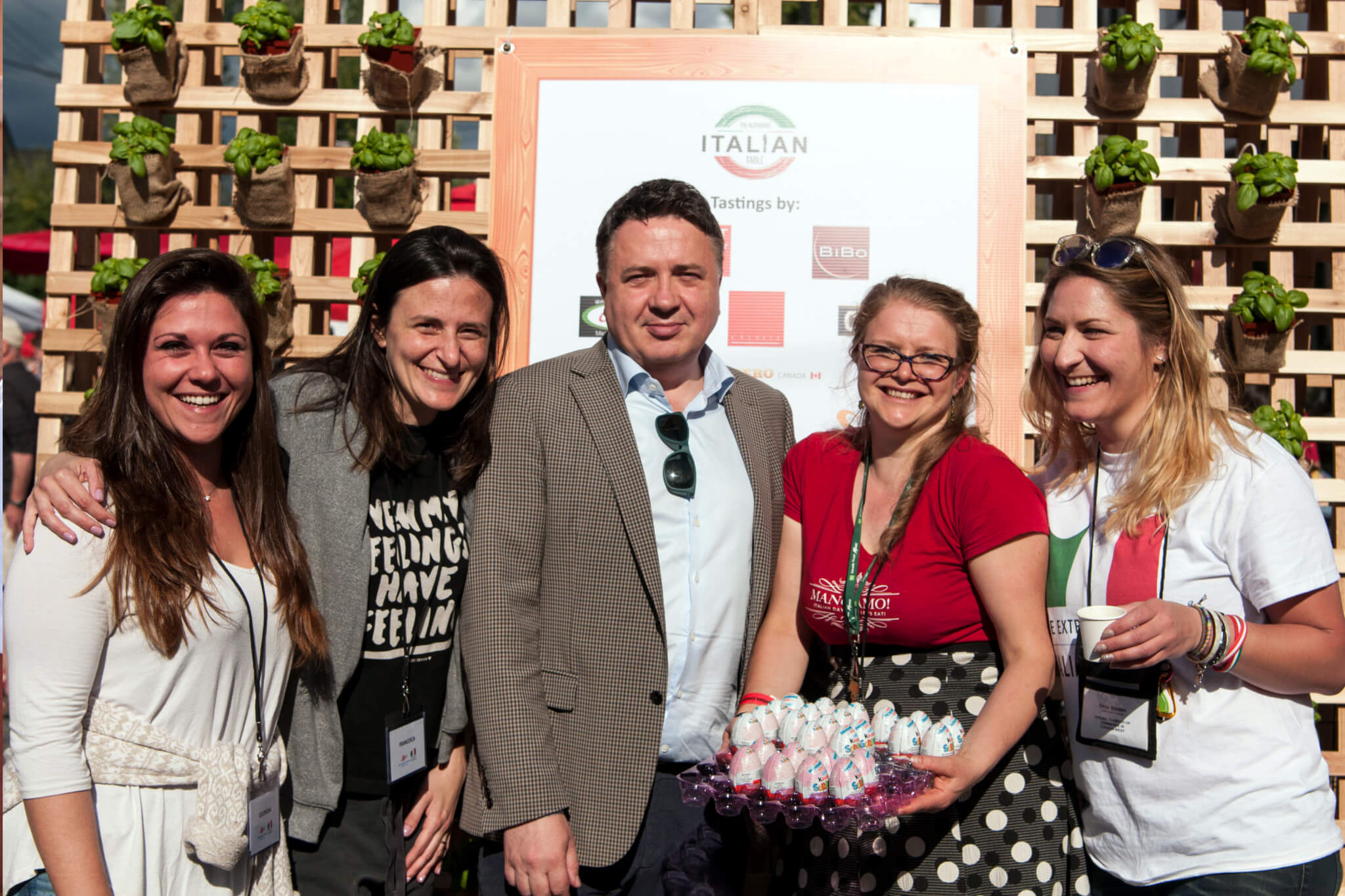CNA FIRENZE AND CENTRO STUDI ITALIA CANADA PRESENTS:
Economic Agreement Canada – Ue:
Business Opportunities for Italian Companies
FLORENCE 12 JUNE 2018 – from 9.30 to 13.00
Gabinetto Vieusseux – Sala Ferri, Palazzo Strozzi
rvsp: info@centrostudi-italiacanada.it
Promoted by the Centro Studi Italia Canada and by CNA Florence, in the prestigious Palazzo Strozzi in Florence and under the patronage of the Municipality of Florence, will be held on June 12 the seminar “Economic Agreement Canada-EU: Business Opportunities for Italian Enterprises.” Experts and professionals in the field of international trade will present the Free Trade Agreement CETA and the benefits for Italian companies in terms of economic growth and competitiveness.
Italy is today the 8th worldwide supplier in Canada and the 12th destination market for Canadian products. Starting from this premise, on June 12th in Florence, we will offer an opportunity to discuss the main measures introduced by CETA, on the possibilities of activating business partnerships, providing an overview of how to invest and access credit. A focus will be dedicated to internationalization opportunities for Italian companies in the Canadian province of Québec.
Speakers include:
• Giacomo Cioni, President, CNA Florence
• Paolo Quattrocchi, partner Nctm Studio Legale, Director of Centro Studi Italia-Canada;
• Arturo Galansino, Director General of the Palazzo Strozzi Foundation
• Jan Scazighino, Minister Counselor for Economic Relations, Embassy of Canada in Italy
• Luca De Carli, Deputy Head of Unit, European Commission, DG TRADE
• Marianna Simeone, Delegate of Québec in Italy
• Lucia Baldino, Director of Europe, Desjardins
• Fabrizio Toti, Area Manager, JAS
• Noemi Trombetti, Inspection Trading Auditing – ITA Corporation
5 MONTHS NUMBERS FROM CETA IMPLEMENTATION (OCTOBER 2017 – FEBRUARY 2018)
The CETA agreement is a comprehensive economic and trade agreement between the EU and Canada and entered into force provisionally on 21 September 2017.
The objectives of CETA are the 99% elimination of customs duties, the opening of public tenders to the companies involved, the opening of the services markets, the opening of the market for agri-food products and the recognition of a series of products with European geographical indications and therefore the protection from counterfeiting, the simplification of the entry of European workers in Canada also through the recognition of some professional qualifications, the promotion of investments also through the definition of certain rules to protect investors.
5 months after the implementation of CETA (Oct 2017-Feb 2018), the ICE Office of Toronto has elaborated the first data related to the economic-commercial relations between Italy and Canada, highlighting the positive impact that the new measures have had for the Italian economy.
Imports and exports between Canada and Italy recorded a positive trend in market trends: + 12.8% of Italian exports to Canada, $ 3.430 mln CAD, compared to the same period of the previous year, $ 3.039 mln CAD, while slower is the growth of Italian imports from Canada, + 2.5%, equal to $ 1.107 million CAD, compared to the previous year, $ 1,080 million CAD.
In addition, the data shows that the sectors that have benefited most from the almost total liberalization of the market, are the machinery (+ 8%), the agri-food industry (+ 15%) and the means of transportation (+ 15%). For example, in the agrifood sector, Italy has achieved a position of excellence: 4th global supplier and 1st European supplier of Canada, with a total value of $ 581 million CAD in the period analyzed by ICE-agency.
REGISTRATION
For event accreditation: https://www.eventbrite.it/e/biglietti-accordo-economico-canada-ue-opportunita-daffari-per-le-imprese-italiane-46437552971?aff=ebdssbdestsearch
For the organizational contribution we thank FAIR, MBH, NCTM.
Link to the detailed program of the seminar.


































 .
. 












